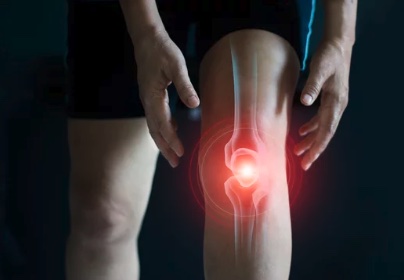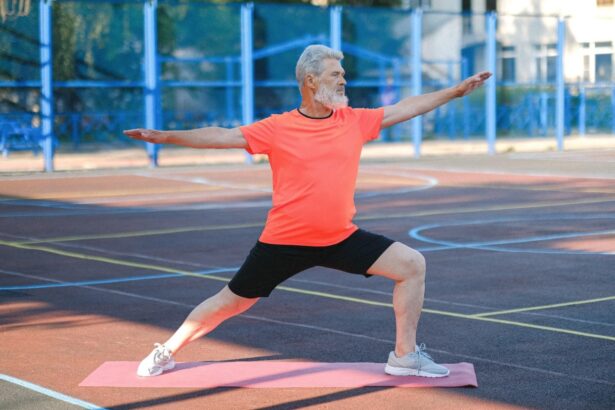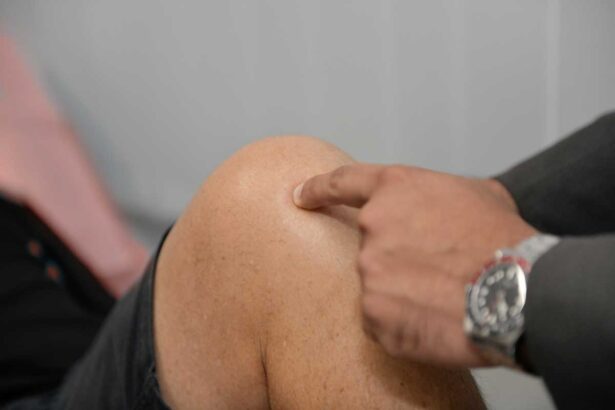
Knee pain is a common complaint that affects people of all ages. It has a way of feeling ever-present, especially since our knees are crucial for us to move about our day. Knee pain may be the result of an injury, such as a ruptured ligament or torn cartilage and medical conditions including arthritis, gout and infections may also be the cause of pain in our knees.
Symptoms of knee pain
The location and severity of knee pain may vary, depending on the cause of the problem. Signs and symptoms that sometimes accompany knee pain include:
- swelling and stiffness
- redness and warmth to the touch
- aches or pains in the knee that come on suddenly
- weakness or instability
- a popping or crunching noise when moving
- an inability to fully straighten your knee
Knee pain can be either chronic pain or acute pain.
Chronic knee pain is long-lasting (at least three months after it initially occurs, although if you suffer from chronic pain you’ll know it can last a lot longer); and persists even after the root cause of the pain has gone.
Acute pain is short-lived and sudden knee pain like this can be felt following an injury to the joints or soft tissue surrounding your knee.
Causes of knee pain
Your knee joint is made up of three bones, tendons that connect the bones to the muscles and ligaments that stabilise and connect the bones. Two c-shaped pieces of cartilage called menisci act as cushioning in the joint, while sacs filled with synovial fluid, called bursae, help the knee move smoothly. Disruption to any part of this structure can be the cause of your pain including:
- wear and tear, or chronic overuse
- acute injury
- a medical condition, such as osteoarthritis
- runner’s knee
Diagnosing knee pain
To diagnose the root cause of your knee pain, Dr Singh will go through all your medical history, followed by a physical examination. Your medical history is compiled by asking you questions about your pain, any medications you may be taking, and prior injury and other bone and joint problems you may have. The physical examination will evaluate your range of motion and Dr Singh will observe how you walk, sit, bend, and move which all assist with your assessment and diagnosis.
Further testing may be required including x-ray’s, blood tests, or an MRI.
Treating knee pain
Your treatment options can all be discussed in your consultation with Dr Singh as, many conditions can cause knee pain and/or injury so, a correct diagnosis in consultation with Dr Singh is critical in determining the best option for you.
 Christmas Operating Hours
Christmas Operating Hours 


















